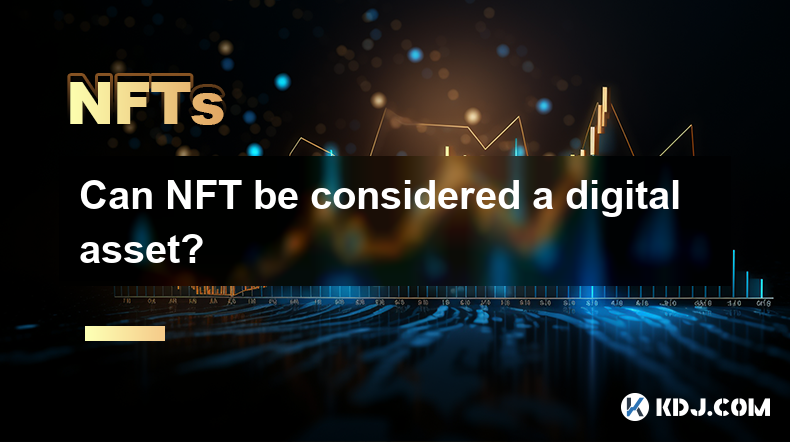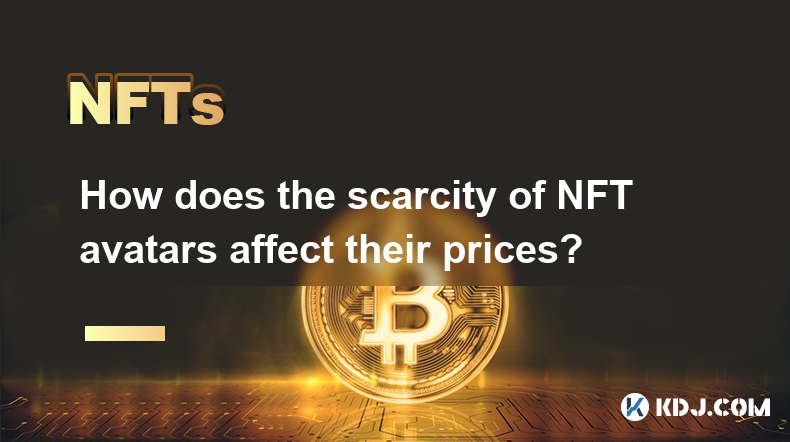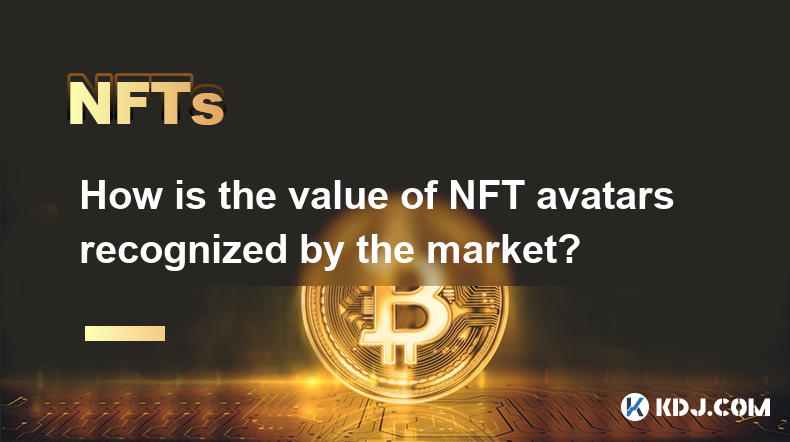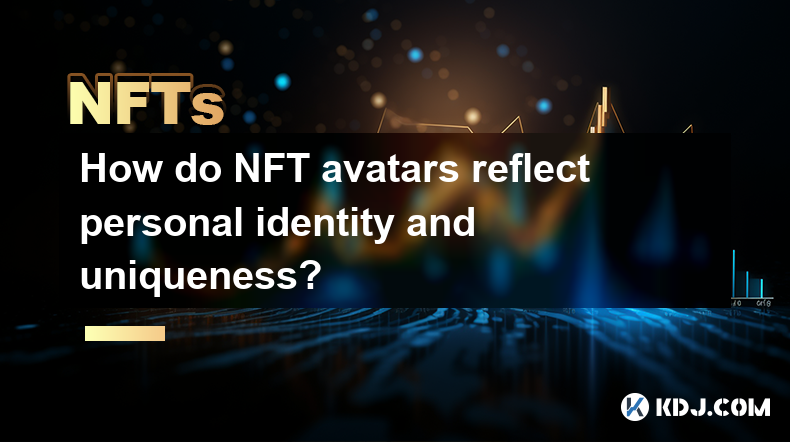-
 Bitcoin
Bitcoin $83,769.7161
-1.68% -
 Ethereum
Ethereum $1,880.5467
-1.53% -
 Tether USDt
Tether USDt $0.9996
-0.02% -
 XRP
XRP $2.1247
-4.61% -
 BNB
BNB $606.5722
-3.46% -
 Solana
Solana $126.7591
-3.44% -
 USDC
USDC $1.0000
0.00% -
 Dogecoin
Dogecoin $0.1738
-4.20% -
 Cardano
Cardano $0.6822
-2.52% -
 TRON
TRON $0.2344
1.50% -
 Toncoin
Toncoin $3.7330
-5.99% -
 Chainlink
Chainlink $13.8785
-3.15% -
 UNUS SED LEO
UNUS SED LEO $9.7237
-0.58% -
 Avalanche
Avalanche $20.0262
-2.61% -
 Stellar
Stellar $0.2686
-2.44% -
 Sui
Sui $2.4193
-5.52% -
 Shiba Inu
Shiba Inu $0.0...01286
-2.45% -
 Hedera
Hedera $0.1744
-4.66% -
 Litecoin
Litecoin $86.5189
-2.47% -
 Polkadot
Polkadot $4.1569
-3.17% -
 MANTRA
MANTRA $6.2815
-2.13% -
 Bitcoin Cash
Bitcoin Cash $306.5575
-1.87% -
 Pi
Pi $0.8289
-0.04% -
 Bitget Token
Bitget Token $4.6695
-2.49% -
 Dai
Dai $1.0000
0.00% -
 Ethena USDe
Ethena USDe $0.9993
0.03% -
 Hyperliquid
Hyperliquid $12.7492
-5.83% -
 Monero
Monero $217.5080
-0.77% -
 Uniswap
Uniswap $6.1310
-3.87% -
 Aptos
Aptos $5.4734
-1.77%
Can NFT be considered a digital asset?
NFTs are undeniably digital assets representing unique ownership, verified on a blockchain. However, their subjective value and evolving legal frameworks complicate their precise classification, despite their clear digital nature.
Mar 22, 2025 at 01:50 pm

Key Points:
- NFTs are undeniably digital assets, representing ownership of unique digital items.
- The underlying blockchain technology provides verifiable ownership and scarcity.
- However, the value of an NFT is subjective and market-driven, unlike traditional assets with intrinsic value.
- Legal frameworks surrounding NFTs are still developing, impacting their classification as assets.
- Different jurisdictions have varying approaches to regulating and taxing NFTs.
Can NFT be considered a digital asset?
The question of whether NFTs (Non-Fungible Tokens) can be considered digital assets is complex, yet the answer is largely affirmative. NFTs are undoubtedly digital representations of ownership, stored and verified on a blockchain. This inherent digital nature, coupled with their representation of unique assets, strongly supports their classification as digital assets. The blockchain's immutable ledger provides a verifiable record of ownership, a crucial characteristic of any asset.
The term "digital asset" itself lacks a universally accepted legal definition. This ambiguity adds to the ongoing debate surrounding NFT classification. However, most interpretations encompass items with economic value, tradability, and verifiable ownership—all hallmarks of NFTs. The fact that NFTs are bought, sold, and traded on various marketplaces further reinforces their status as digital assets.
Unlike traditional assets like gold or real estate, which possess intrinsic value, the value of an NFT is largely determined by market forces and perceived desirability. This subjectivity doesn't negate their status as digital assets, but it highlights a key difference from assets with inherent value linked to physical properties or utility. The value fluctuates based on factors such as artist reputation, community engagement, and perceived future potential.
The legal framework surrounding NFTs is still evolving. Governments worldwide are grappling with how to regulate and tax these novel digital assets. Some jurisdictions may treat NFTs as collectibles, while others may classify them as securities or commodities depending on their specific characteristics and use case. This regulatory uncertainty impacts the definitive classification of NFTs as digital assets from a legal perspective, but doesn't diminish their underlying digital nature.
The classification of NFTs as digital assets has significant implications for taxation and regulatory compliance. Capital gains taxes may apply to profits from NFT sales, similar to other forms of asset trading. However, the specific tax implications vary depending on the jurisdiction and the nature of the NFT transaction. Navigating these complexities requires careful consideration of local regulations and professional advice.
Furthermore, the storage and security of NFTs are also critical aspects to consider within the context of their classification as digital assets. As digital assets, NFTs are susceptible to various security risks, including theft and loss due to compromised wallets or exchanges. Secure storage methods, such as hardware wallets, are essential to protect the ownership and value of these digital assets.
The use cases for NFTs extend beyond simple digital collectibles. They are increasingly being used in areas such as gaming, art, and supply chain management. In these applications, NFTs function as verifiable proof of ownership or authenticity, reinforcing their value as digital assets within specific ecosystems. Their utility in these diverse sectors underscores their potential and reinforces their position within the broader digital asset landscape.
The decentralized nature of blockchain technology, the foundation of NFTs, contributes significantly to their unique characteristics as digital assets. This decentralization eliminates reliance on centralized intermediaries, promoting transparency and enhancing trust. This aspect further strengthens the argument for considering NFTs as a distinct class of digital assets, different from traditional centralized digital assets.
The interplay between technology and law is crucial in determining the complete picture of NFTs as digital assets. As technology continues to evolve and legal frameworks adapt, the understanding of NFTs as digital assets will likely become more nuanced and refined. The ongoing discussions and developments in both fields are essential to shaping the future of NFTs and their regulatory landscape.
The debate surrounding the legal and tax implications of NFTs is an ongoing process. Many legal experts are actively involved in defining the appropriate classification and regulatory framework for NFTs, considering their unique characteristics and diverse applications. The eventual outcome of these discussions will have a significant impact on the overall acceptance and utilization of NFTs as digital assets.
NFTs, as digital representations of ownership, clearly exhibit the characteristics of digital assets. However, the evolving regulatory environment adds layers of complexity to their precise classification. Understanding the implications of this evolving landscape is crucial for anyone involved in the NFT ecosystem. The lack of a universally accepted definition doesn't detract from their underlying nature as digital assets.
Frequently Asked Questions:
Q: Are NFTs the same as cryptocurrencies?
A: No. Cryptocurrencies like Bitcoin are fungible (interchangeable), while NFTs are non-fungible (unique). They share the blockchain technology but serve different purposes.
Q: Can NFTs lose all their value?
A: Yes. The value of an NFT is highly speculative and can fluctuate dramatically, potentially dropping to zero.
Q: Are NFTs regulated like stocks?
A: Not yet universally. Regulations vary significantly by jurisdiction and are still under development. Some NFTs might be considered securities in certain circumstances.
Q: How are NFTs taxed?
A: NFT taxation depends on the jurisdiction and the circumstances of the transaction (e.g., sale, gifting). Capital gains taxes often apply to profits. Consult a tax professional for specific advice.
Q: Are NFTs environmentally friendly?
A: The environmental impact of NFTs is a complex issue, largely dependent on the blockchain they are built on. Some blockchains are more energy-efficient than others.
Disclaimer:info@kdj.com
The information provided is not trading advice. kdj.com does not assume any responsibility for any investments made based on the information provided in this article. Cryptocurrencies are highly volatile and it is highly recommended that you invest with caution after thorough research!
If you believe that the content used on this website infringes your copyright, please contact us immediately (info@kdj.com) and we will delete it promptly.
- Bitcoin (BTC), Ethereum (ETH), and XRP (XRP) prices fall as demand drops, ETF outflows rise, and whales shift to gold and stablecoins.
- 2025-03-29 16:50:12
- The Ethereum Crossroads
- 2025-03-29 16:50:12
- With a Series of Negative News, KYC Controversy, Network Issues, and Updates
- 2025-03-29 16:45:12
- The Meme Coin Frenzy: A Wake-Up Call for the Cryptocurrency Market
- 2025-03-29 16:45:12
- Trump Is Shaking Things Up in Crypto Again! This Time, He's Handing Out Pardons
- 2025-03-29 16:40:12
- Jake Claver, a well-known business leader and financial strategist, made a statement on X regarding major banks testing XRP for real-time payments.
- 2025-03-29 16:40:12
Related knowledge

How does the scarcity of NFT avatars affect their prices?
Mar 25,2025 at 11:07pm
Key Points:Limited Supply: NFT avatar scarcity is directly tied to the fixed supply of a collection. A smaller number of unique avatars inherently increases their value due to higher demand.Demand Dynamics: High demand, fueled by factors like community hype, celebrity endorsements, and utility within a metaverse, significantly inflates prices.Rarity Att...

Can NFT avatars be copied or stolen?
Mar 21,2025 at 06:35am
Key Points:NFTs, by their nature, are unique and verifiable on the blockchain. However, the image associated with an NFT avatar can be copied.Copying an image doesn't grant ownership of the NFT itself. The original NFT and its ownership remain on the blockchain.Theft of an NFT involves gaining unauthorized access to a cryptocurrency wallet holding the N...

What is the creation process of NFT avatars?
Mar 19,2025 at 09:15pm
Key Points:NFT avatar creation begins with a concept and design.Various digital art tools and techniques are employed.Minting the avatar involves choosing a blockchain and marketplace.Metadata is crucial for defining the avatar's attributes.Promotion and marketing are vital for visibility and sales.What is the creation process of NFT avatars?The creatio...

Why do celebrities use NFT avatars as personal identification?
Mar 20,2025 at 07:15pm
Key Points:NFTs offer celebrities a unique and verifiable digital identity, distinct from easily imitated social media profiles.Using NFT avatars allows celebrities to control their online image and branding more effectively.NFT avatars can provide celebrities with new revenue streams through sales, licensing, and community building.The use of NFT avata...

How is the value of NFT avatars recognized by the market?
Mar 21,2025 at 05:49am
Key Points:NFT avatar value is subjective and influenced by various factors, lacking a universally accepted valuation metric.Rarity, provenance, utility, community engagement, and the project's overall success significantly impact an avatar's value.Market demand, driven by trends, hype, and influencer adoption, plays a crucial role in price fluctuations...

How do NFT avatars reflect personal identity and uniqueness?
Mar 21,2025 at 12:00pm
Key Points:NFT avatars are unique digital representations, verifiable on the blockchain, offering a distinct online identity.Ownership and scarcity drive the value and perceived uniqueness of NFT avatars, reflecting personal investment and commitment.Customization options, from initial design to in-game attributes, allow for expression of individuality....

How does the scarcity of NFT avatars affect their prices?
Mar 25,2025 at 11:07pm
Key Points:Limited Supply: NFT avatar scarcity is directly tied to the fixed supply of a collection. A smaller number of unique avatars inherently increases their value due to higher demand.Demand Dynamics: High demand, fueled by factors like community hype, celebrity endorsements, and utility within a metaverse, significantly inflates prices.Rarity Att...

Can NFT avatars be copied or stolen?
Mar 21,2025 at 06:35am
Key Points:NFTs, by their nature, are unique and verifiable on the blockchain. However, the image associated with an NFT avatar can be copied.Copying an image doesn't grant ownership of the NFT itself. The original NFT and its ownership remain on the blockchain.Theft of an NFT involves gaining unauthorized access to a cryptocurrency wallet holding the N...

What is the creation process of NFT avatars?
Mar 19,2025 at 09:15pm
Key Points:NFT avatar creation begins with a concept and design.Various digital art tools and techniques are employed.Minting the avatar involves choosing a blockchain and marketplace.Metadata is crucial for defining the avatar's attributes.Promotion and marketing are vital for visibility and sales.What is the creation process of NFT avatars?The creatio...

Why do celebrities use NFT avatars as personal identification?
Mar 20,2025 at 07:15pm
Key Points:NFTs offer celebrities a unique and verifiable digital identity, distinct from easily imitated social media profiles.Using NFT avatars allows celebrities to control their online image and branding more effectively.NFT avatars can provide celebrities with new revenue streams through sales, licensing, and community building.The use of NFT avata...

How is the value of NFT avatars recognized by the market?
Mar 21,2025 at 05:49am
Key Points:NFT avatar value is subjective and influenced by various factors, lacking a universally accepted valuation metric.Rarity, provenance, utility, community engagement, and the project's overall success significantly impact an avatar's value.Market demand, driven by trends, hype, and influencer adoption, plays a crucial role in price fluctuations...

How do NFT avatars reflect personal identity and uniqueness?
Mar 21,2025 at 12:00pm
Key Points:NFT avatars are unique digital representations, verifiable on the blockchain, offering a distinct online identity.Ownership and scarcity drive the value and perceived uniqueness of NFT avatars, reflecting personal investment and commitment.Customization options, from initial design to in-game attributes, allow for expression of individuality....
See all articles






















































































